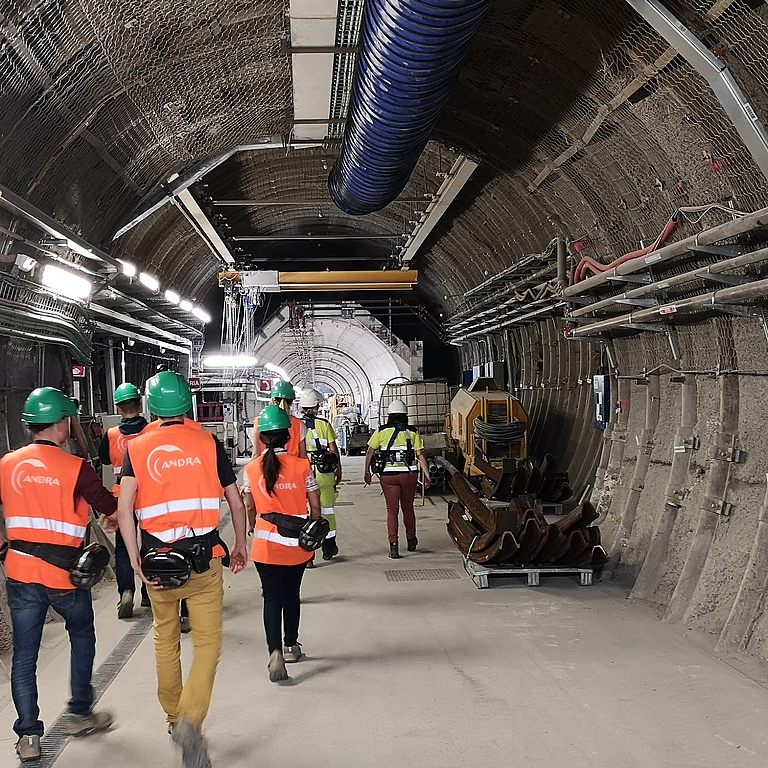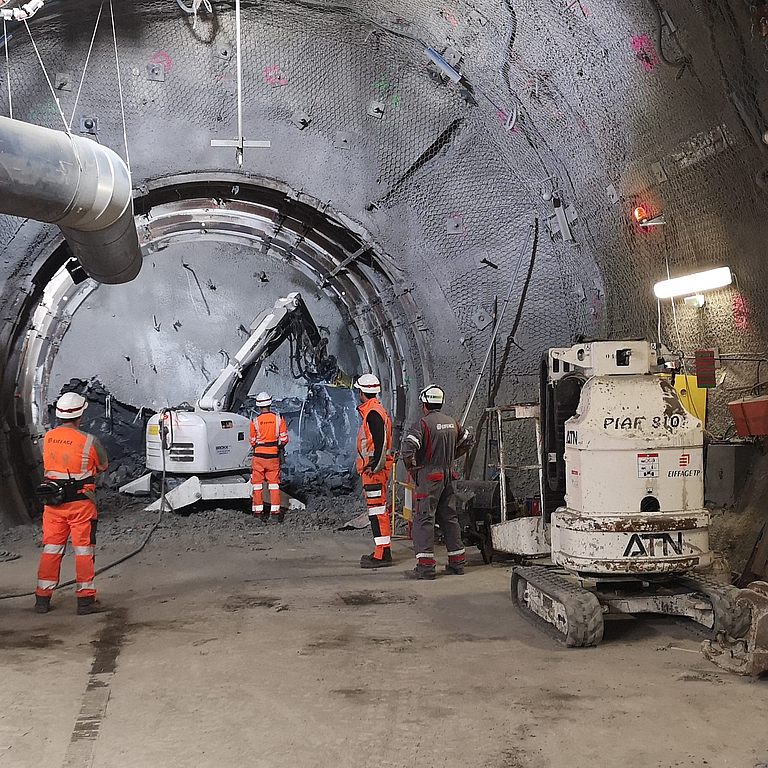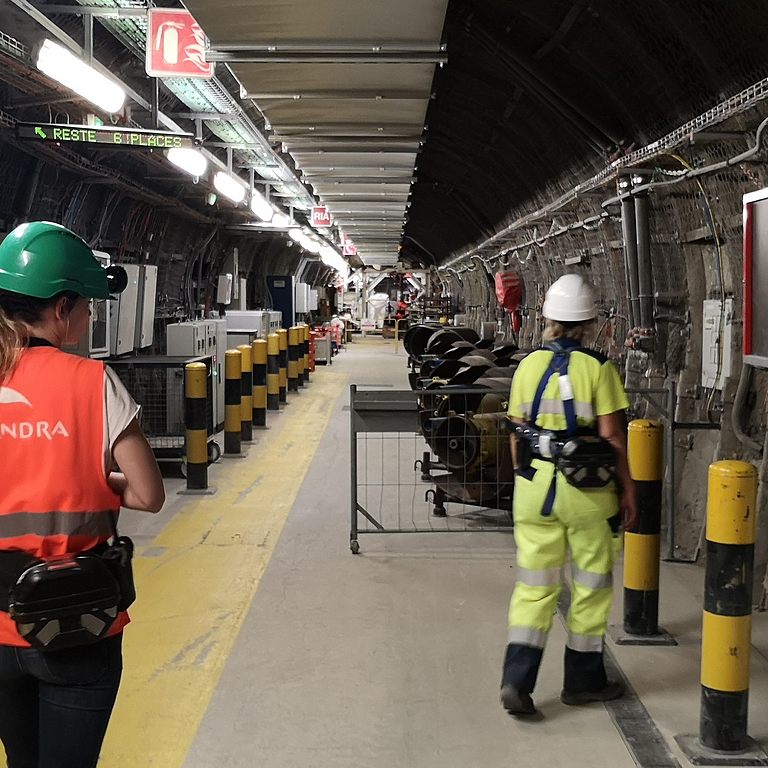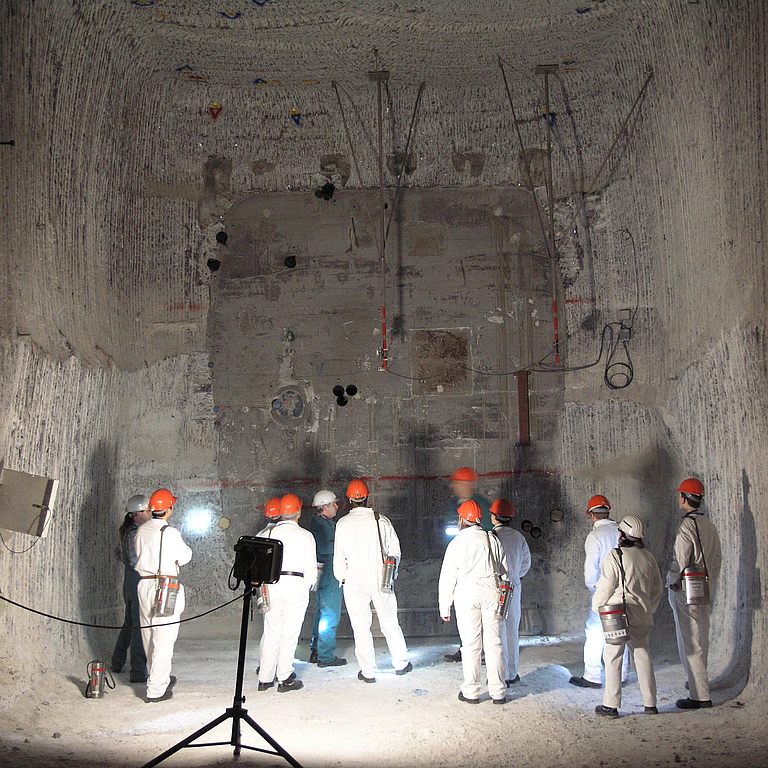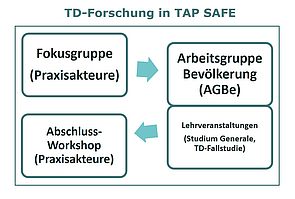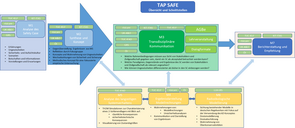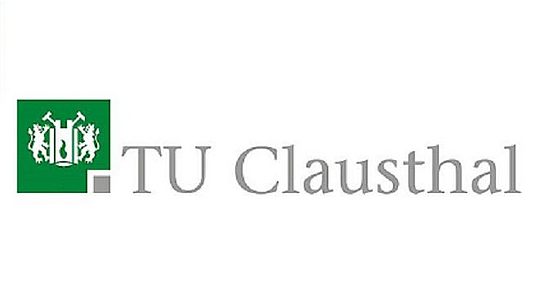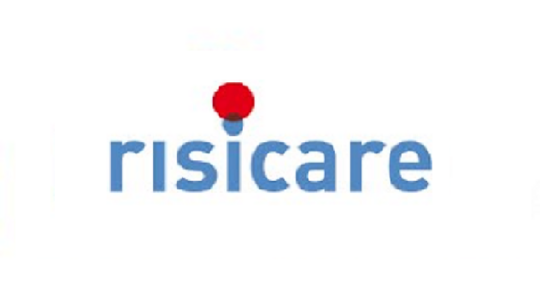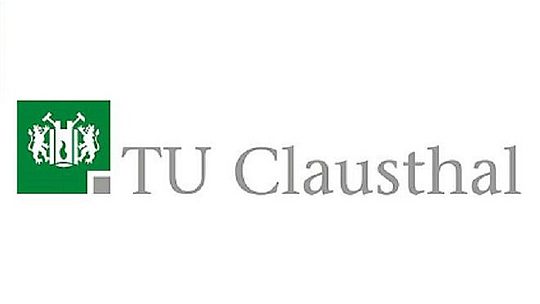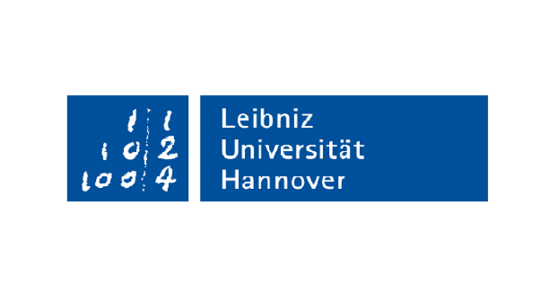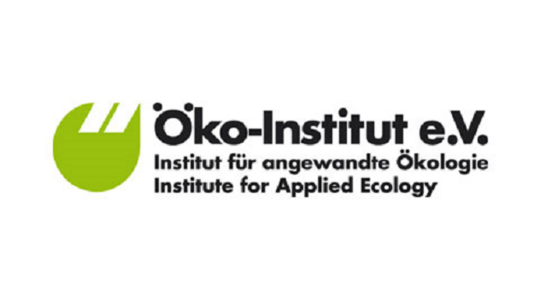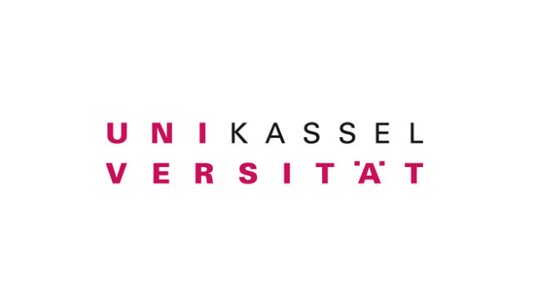SAFE
SAFE
Safety Case: Stakeholder Perspectives and Transdisciplinarity
In TAP SAFE, a transdisciplinary investigation is being conducted to determine whether and to what extent the views of non-specialists suggest that the concept of the safety case (cf. e.g. the "Safety Case Brochure" of the OECD/NEA) should be adapted or further developed in order to improve the capacity for discourse and consultation.
Responsible: Prof. Dr. Klaus-Jürgen Röhlig (TUC-IELF)
Project work in TAP SAFE
-
Going beyond approaches to "communicating the safety case (SC)" (cf. e.g. OECD/NEA 2017), potentials and reasons for dissent on the SC are to be elaborated, different views beyond the expert community are to be identified and classified. Furthermore, the reference to technical content is to be established.
Specifically, the following questions are to be considered:
1. what is the relationship between the SC as an instrument, with its role, premises, organizational requirements and content, and the expectations of the interested public?
2. Which patterns of perception and framing effects are in the foreground? Which heurisms are of importance?
3. which central paradigms, aspects of the safety and detection concepts, and results of safety investigations or SC are considered relevant by stakeholders and in interested civil society, and how is their role in the site selection process assessed?
- Central paradigms (e.g. passive safety/maintenance freedom, assessment period) and their relation to worldview and value issues as well as interest issues as a conflict level of risk participation
- Aspects of the safety and detection concept, e.g., containment by different barrier types, redundancy and diversity, conservatism, scenarios, numerical modeling and indicators, dealing with uncertainties/confidence building, dealing with probability statements
- Results, e.g., use of safety indicators (e.g., effective annual dose) for safety assessment, statements about barrier behavior and robustness
- Role of safety investigations in the site selection process and relation to criteria of the Site Selection Act.
4. how can uncertainties concerning human-induced developments (Future Human Actions, Human Intrusion) in the near and distant future be included in the SC in a more differentiated way than before?
(5) What are the possibilities of arriving at changes or additions regarding the design of the SC via a transdisciplinary approach?
- How are the security-related advantages and disadvantages of monitoring to be evaluated and weighed against each other (cooperation with TAP TRUST and DIPRO)?
- How are the performance profile, competence and experience as well as integrity of the institutions involved perceived, both on the side of planning and implementation and on the side of supervision and approval? How are they assessed with regard to the "criteria for attributing trustworthiness"? What requirements are to be placed on the security culture of these institutions and possible participatory forums / committees?
- How can active participation in the SC be designed transdisciplinarily? What possibilities exist for alignments of communicative concepts for the safety case?
- How should these changes or additions be designed?
6 Can the combination of professional risk assessment on the one hand and risk perception in the interested public on the other hand and thus the acceptability of the site selection process be promoted through active discursive participation in the SC?
-
The concept of the Safety Case (SC) for repositories is to be analyzed with its strengths, limitations and interfaces and to be examined for possibilities of further development by means of transdisciplinary research.
The topic corridor is defined by the following questions:
- What are the strengths and limitations of the concept? How can it contribute to a security discussion of interested actors? What role can it play as a professional tool in a transparent process?
- Can the SC concept be adapted to include the views of non-specialists with regard to the disposal path to be taken in Germany?
- Can it be further developed accordingly and thus improve the discourse and consultation capability?
- What arguments are there in favor of including the views of non-specialists in safety investigations, and what arguments are there against it?
In the course of the debate on the final disposal of radioactive waste, criticism of the procedure for demonstrating long-term safety was voiced early on by parts of the interested public. In addition to the methodology, this criticism also concerns paradigms such as that of passive safety, that of the Confinement providing rock zone (ewG) or that of the observation period of one million years. From the literature as well as from personal experience it is clear that especially the possibility to guarantee and demonstrate safety for one million years is often doubted and that in this context, but also for other reasons, the concept of passive safety is opposed to the desire for long-term active monitoring.
This issue is also relevant in connection with the safety investigations provided for in the Site Selection Act. These are provided for in each of the three phases of the procedure as a basis for the selection decisions.
-
In the context of the analytical preparation, actors with experience on the tool SC(Safety Case) are first consulted in a focus group to structure the further work. Based on this, transdisciplinary (TD) empirical investigations will then go beyond the group of specialists:
- In at least two events, the working group population (cf. TAP TRUST) will deal with the basics of the SC concept and formulate opinions, criticisms, wishes and recommendations (representing a participation of the public).
- In parallel, the concept will be the subject of the TD case study as well as the course in the Studium Generale of EDU module 8 (representing public participation).
- Participants from Switzerland (advisory expert commissions, safety expert groups, cantonal experts) and Germany (recruited e.g. from participants of the regional workshops of the repository commission, NGO consultants) will be informed by specialist input in dialogue formats and formulate opinions, criticisms, wishes and recommendations (affected groups of people).
At the end of the project, the results and, if necessary, the conclusions on the expansion of the SC concept are exposed to the criticism of specialists and other social actors, then reflected upon and, if necessary, modified. The results will be summarized in a dissertation to be published.
In the modules of TAP SAFE, disciplinary and interdisciplinary research on aspects of the safety case will take place in addition to the aforementioned work, and will be incorporated into the transdisciplinary formats described. A visual representation on the modules, interfaces and collaborations can be found here.
